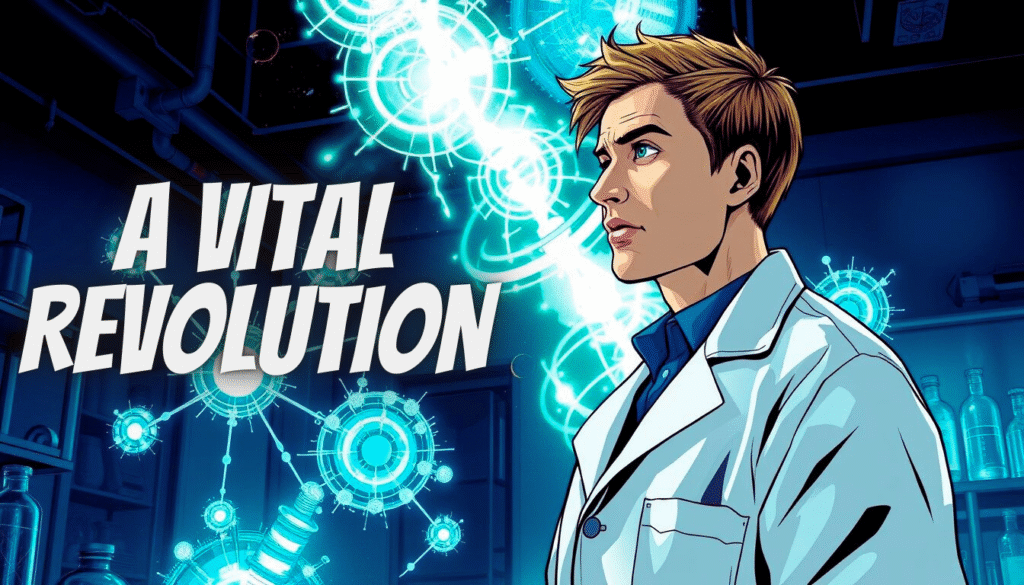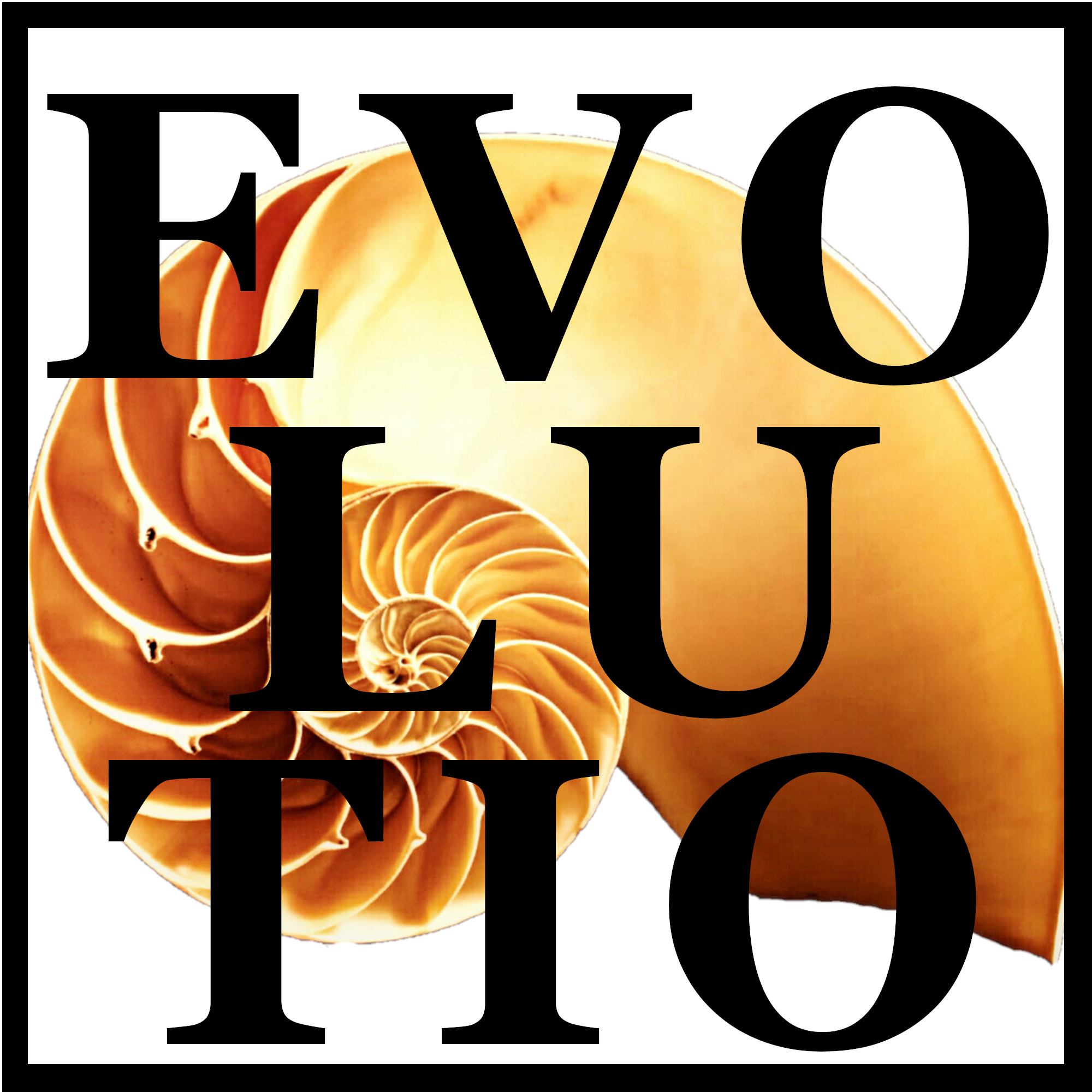
What Is Life? Rethinking Biology Through Aristotle, Driesch and Ostachuk
Can life be reduced to chemistry? Or is it something more—something purposeful, holistic, and irreducible?

This short essay is based on one of my YouTube videos — a 3-minute philosophical reflection on the nature of life. It challenges the dominant reductionist view in biology and reintroduces a forgotten lineage of thought, stretching from Aristotle to Hans Driesch to my own theoretical work. It’s a call to rethink the biological sciences through a lens that embraces complexity, purpose, and form — rather than treating life as a mechanical accident of molecules.
🧠 A Deeper Question
What is life?
Not metaphorically. Not poetically. But biologically — and philosophically.
For over a century, mainstream science has treated life as a byproduct of chemistry. The idea is simple: if you stir molecules long enough in a cosmic soup, life eventually “emerges.” But what if this assumption is not only inadequate — what if it is fundamentally flawed?
🔍 Aristotle’s Psyche: Form and Purpose
In the fourth century BCE, Aristotle proposed a revolutionary idea: that living beings are not simply matter in motion. They are animated by something he called psyche — not a soul in the modern mystical sense, but a principle of organization. In Aristotelian terms, form gives shape to matter. It’s what makes a body not just a heap of parts, but a unified, living whole.
This psyche is what distinguishes the living from the non-living. It’s what allows an organism to develop, heal, grow — to be a coherent something, not just an assembly of atoms.
🧪 Driesch’s Entelechy: Experiment Against Mechanism
Fast forward to the dawn of modern biology. In the early 20th century, German biologist Hans Driesch conducted a simple but astonishing experiment: he split a sea urchin embryo in half — and both halves developed into complete, viable larvae.
This result should not be possible if life were nothing but a mechanical sum of its parts. Something more must be guiding development from within. Driesch called this entelechy — an internal, organizing principle that drives the living toward a goal.
He was ridiculed by the scientific establishment. But his work remains a stark challenge to purely mechanistic biology.
🌱 Ostachuk’s Teleological Agents: A Holistic Science of Life
In 2016, I (Dr. Agustín Ostachuk) revisited these ideas through both scientific and philosophical lenses. My thesis: life is not built up like a house from bricks. No matter how long you mix chemicals, a living organism will not emerge by accident.
Why? Because life is not an accidental assembly — it is a holistic form, a self-sustaining pattern of activity, what I call a teleological-purposeful formal agent.
These agents are neither mystical forces nor supernatural entities. They are immanent principles of biological organization — embedded within the living, guiding its development and behavior from within, toward specific ends.
🔄 A Forgotten Lineage
From Aristotle’s psyche to Driesch’s entelechy and my own theory of teleological-purposeful formal agents, one idea remains constant:
This is not metaphysics dressed up as science. It’s a return to a richer, more coherent vision of biology — one that refuses to flatten life into lifelessness.
🔬 Toward a New Scientific Paradigm
Perhaps it is time for a vital revolution in the biological sciences — one that honors complexity without reducing it, one that sees life not as a mechanism, but as a purposeful whole.
The question is no longer whether life can be explained by physics and chemistry alone — but whether doing so causes us to miss the very essence of what life is.
📺 Watch the video version of this essay here:
💬 What do you think?
Do you believe biology needs a paradigm shift? Have you encountered similar ideas in your own work? I’d love to hear your thoughts — feel free to leave a comment or share this post with others who might resonate with this vision.
🧭 If this post inspired you, consider supporting EVOLUTIO on Patreon. This is part of a larger project exploring the philosophy of biology, the failures of mechanistic science, and the emergence of holistic, purpose-driven approaches to life.
